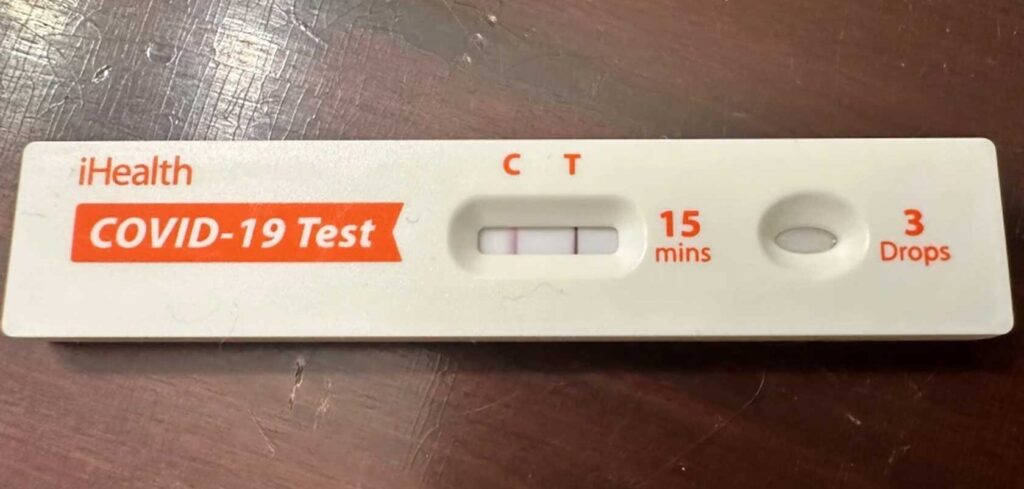
COVID-19 levels in Boston’s wastewater jumped 163% from May to July, according to data released Thursday by the Boston Public Health Commission.
“What this is telling us is that transmission risk is high,” said Dr. Bisola Ojikutu, the city’s commissioner of public health.
Ojikutu noted, though, that wastewater numbers have started to go down again in recent weeks.
COVID-19 has spiked in prior summers, but this year’s peak is greater than the last. A bigger surge usually happens in fall and winter.
“I don’t know that this is predicting that we are going to have a worse winter. We certainly hope not,” Ojikutu said.
Symptoms that come with the most common variants now are more mild than prior spikes, Ojikutu said, perhaps because of some level of natural immunity from prior infection or vaccination.
“But I do want to emphasize that severe illness can still occur,” the commissioner said. “If you are an older individual, you’re a person who has underlying heart disease, diabetes, lung problems, or you’re immunocompromised, certainly this could lead you to have a severe infection and hospitalization.”
Across Massachusetts, just over 200 people were hospitalized for COVID-19 in the final week of June — the last week data was available statewide. It’s a clear increase from the spring but fewer than a fifth of the weekly hospitalizations at the virus’s peak this past winter. Boston itself also saw a 62% increase in COVID-19 hospitalizations between May and July.
The variants seen in Boston’s wastewater fall under a category known as “FLiRT” variants that make up the majority of cases nationally.
The Boston Public Health Commission is urging residents to get the newest COVID-19 vaccine when it becomes available later this month or in early September.
“This updated vaccine will provide protection against the currently circulating variants and that helps the body build up a new response to these variants,” Ojikutu said.
But the city has had a hard time getting a large number of residents vaccinated. Just 22% of Boston residents received the most recent COVID-19 vaccine as of June.
And this time, the city will have less federal money to back the effort, as funds from the American Rescue Plan Act dry up. The city had used that money to increase access to vaccines and support temporary staff positions in the Boston Public Health Commission.
“The problem is that we don’t have as much funding for this as we would like to, for example, just to provide [a vaccine] without looking at insurance data to make it very convenient for folks,” Ojikutu said.
Ojikutu said this year the city is unlikely to host standing vaccination clinics at sites around the city, like the Bolling Building in Roxbury.
“We are not in a bad place,” she said. “We do have some funds, and we will do our best to both educate folks, increase awareness, and to basically pursue a mobile strategy to bring vaccines to as many people who are particularly vulnerable as possible.”
On top of COVID-19, Ojikutu said health officials are concerned about the spread of other respiratory viruses this fall, including the flu and RSV.
“And what we want people to do is if they develop symptoms of respiratory viral illness … like fever, chills, cough, sore throat, runny stuffy nose, they should stay home and away from others,” she said. “And then if they need to leave the house, then they should wear a mask because we don’t want transmission to older individuals or to people who are otherwise at higher risk.”
People should stay home for five days after becoming sick, if possible, she said. And if that’s not possible, they should wear a mask for those five days.
Craig LeMoult is a reporter for GBH News.






